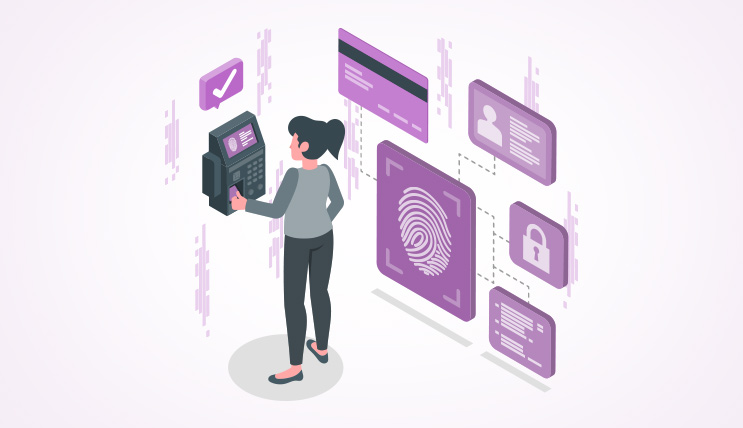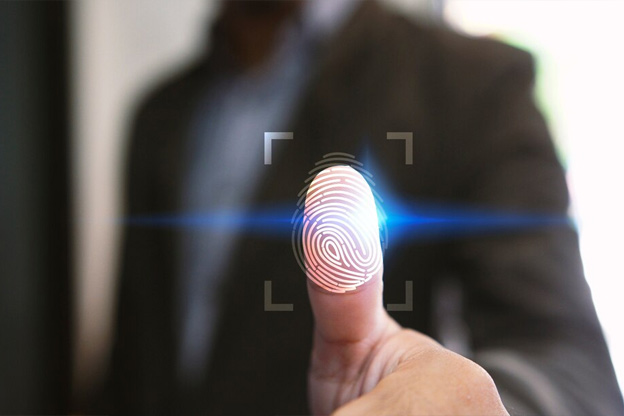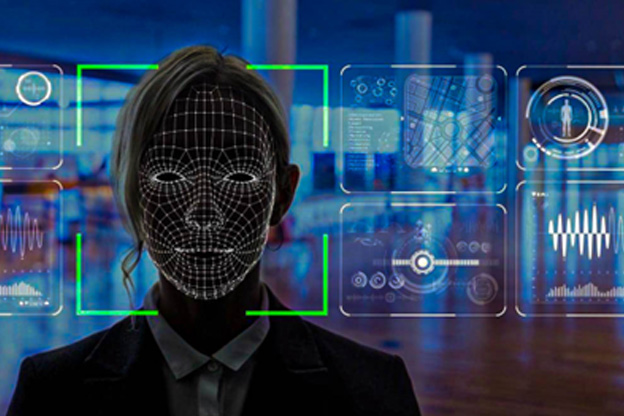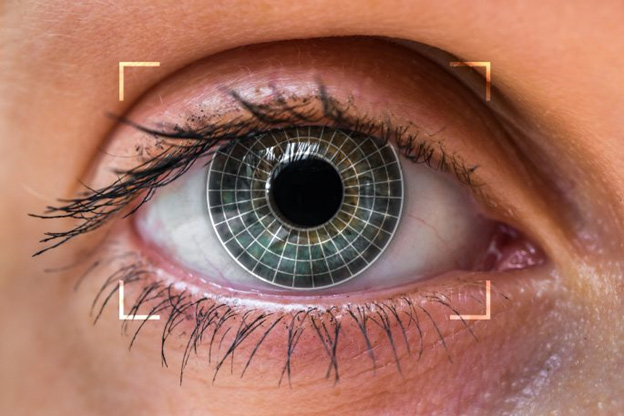Blog
Latest from the blog
Latest from the blog
In an era where security breaches and identity theft are on the rise, traditional access control methods like keycards and passwords are proving insufficient. Biometric access control systems have emerged as a more secure, reliable, and efficient way to manage access by leveraging unique biological traits such as fingerprints, facial recognition, and iris scans.

Biometric access control systems use an individual's biological data to verify their identity. These systems rely on unique characteristics such as fingerprints, facial structure, or iris patterns, ensuring a highly secure authentication process. Unlike traditional methods, biometric data is extremely difficult to forge or duplicate, making it a robust solution for security.
Several types of biometric access control systems are now used across various industries. Each method has its own unique advantages and applications.

One of the most widely used biometric methods, fingerprint recognition scans and stores an individual’s fingerprint pattern for authentication. This technology is known for its:

Facial recognition technology analyses facial features such as the distance between the eyes, nose, and mouth to authenticate users. This method is commonly used in:

Iris scanning captures the unique patterns within a ring-shaped region surrounding the pupil of each eye for authentication. It is an extremely reliable and accurate identification method. This method is one of the most secure biometric systems available, with applications in:
Biometric security systems offer several benefits that make them superior to traditional access control methods.
Since biometric traits are unique to each individual, the risk of unauthorised access is significantly reduced. Unlike passwords that can be hacked or stolen, biometric data is difficult to replicate.
Users no longer need to remember passwords or carry access cards. With a quick scan, entry is granted, making it a seamless experience for employees and customers.
Biometric systems enable instant authentication, reducing wait times at entry points and increasing overall productivity.
With advancements in technology, biometric systems are set to become even more sophisticated. Future developments may include:
Biometric access control systems represent the future of security, providing unmatched protection, convenience, and efficiency. While challenges like privacy concerns and costs exist, continuous innovation is making these systems more accessible. As businesses and institutions prioritise security, adopting biometric access control will be a game-changer in ensuring safer and smarter access solutions.
At Kyoto Technologies LLC, we specialise in cutting-edge biometric access control solutions, helping businesses enhance security with the latest technology. Visit www.kyoto-tech.com to explore our innovative security solutions and future-proof your business today!
Aiswarya Ajithan